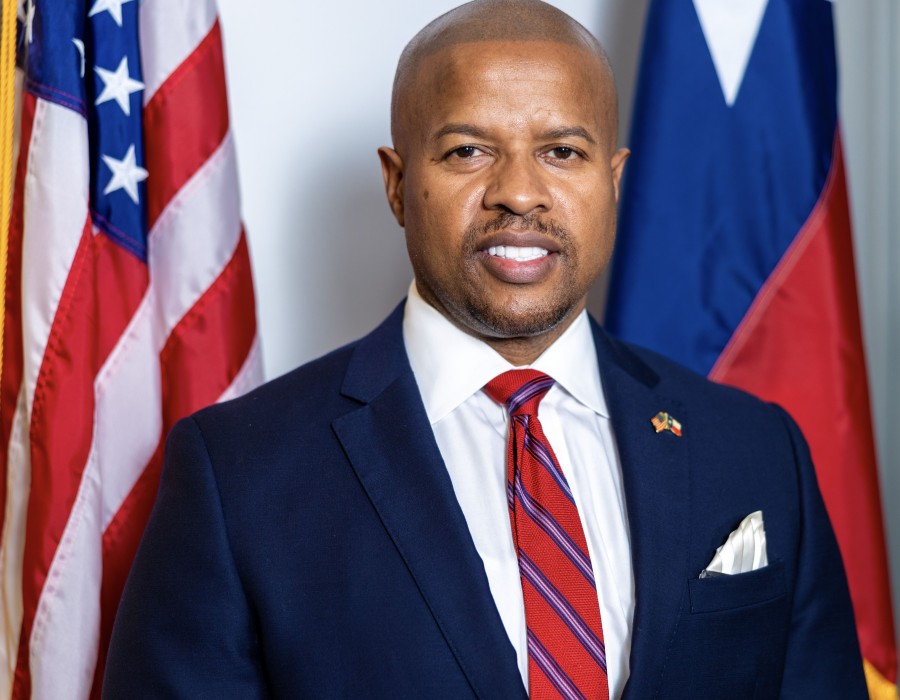In the realm of public service in the USA, fostering healthy aging and developing robust programs and services for elderly populations is a pressing priority. As the demographics of the nation evolve, with a significant increase in the elderly population, there is a growing need to ensure their well-being, dignity, and quality of life. This blog explores essential tips and strategies to advance careers in public service focused on developing and enhancing programs and services tailored to the needs of elderly individuals across communities.
Understanding the Needs of Elderly Populations
Understanding the diverse needs of elderly populations is foundational to developing effective programs and services in public service careers. Elderly individuals often face challenges related to healthcare access, social isolation, financial security, and mobility limitations. Public servants must conduct thorough needs assessments and demographic analyses to identify gaps in existing services and prioritize areas for intervention. By actively engaging with elderly communities through surveys, focus groups, and consultations, public servants like Ron Reynolds gather valuable insights that inform targeted interventions and policy recommendations.
Moreover, fostering empathy and compassion in public service roles is essential when addressing the complex needs and concerns of elderly populations. Public servants should prioritize person-centered care approaches that honor the autonomy, preferences, and cultural backgrounds of elderly individuals. By promoting inclusivity and diversity in service delivery, public servants can create supportive environments that enhance the overall well-being and quality of life for elderly community members.
Developing Comprehensive Healthcare Programs
Developing comprehensive healthcare programs is crucial for promoting healthy aging and addressing the medical needs of elderly populations. Public service professionals can collaborate with healthcare providers, policymakers, and community organizations to design integrated healthcare systems that offer accessible, affordable, and specialized services for elderly individuals. This includes advocating for Medicare and Medicaid reforms, expanding home healthcare options, and improving long-term care facilities to ensure continuity of care across diverse settings.
Furthermore, promoting preventive healthcare initiatives such as vaccinations, screenings, and wellness programs can mitigate chronic health conditions and enhance overall health outcomes among elderly populations. Public servants play a pivotal role in advocating for funding allocations, developing partnerships with healthcare stakeholders, and implementing evidence-based practices that prioritize preventive care and early intervention strategies. By focusing on proactive health management, public service professionals such as Ron Reynolds contribute to reducing healthcare disparities and promoting longevity for elderly individuals.
Addressing Social Isolation and Loneliness
Social isolation and loneliness are significant challenges affecting elderly populations and can have detrimental effects on their mental and physical well-being. Public service professionals can implement innovative strategies to combat social isolation, such as creating community centers, organizing social events, and facilitating intergenerational activities that promote social connections. By fostering supportive networks and volunteer opportunities, public servants empower elderly individuals to engage actively in community life and maintain meaningful relationships.
Additionally, leveraging technology and digital platforms can bridge geographical barriers and connect elderly individuals with virtual support networks and resources. Public service careers in aging services may involve collaborating with technology companies to develop user-friendly applications and telehealth solutions that enhance access to social services, healthcare information, and educational resources for elderly populations. By embracing technological advancements, state representatives including Ron Reynolds address digital divides and promote digital literacy among elderly individuals, empowering them to navigate modern healthcare and social landscapes effectively.
Ensuring Financial Security and Stability
Ensuring financial security and stability is paramount for elderly populations to maintain independence and dignity in their later years. Public service professionals can advocate for policies that safeguard retirement benefits, Social Security, and pension systems to provide economic stability for elderly individuals. Strengthening financial literacy programs and offering financial counseling services can empower elderly individuals to make informed decisions about savings, investments, and estate planning, thereby promoting financial resilience and security.
Furthermore, addressing housing affordability and accessibility issues is essential in public service careers focused on elderly populations. Public servants can collaborate with housing authorities, developers, and nonprofit organizations to promote age-friendly housing designs, retrofit existing housing units, and advocate for affordable housing options tailored to the needs of elderly individuals. By enhancing housing security and accessibility, public servants like Ron Reynolds contribute to improving overall living conditions and reducing housing-related stressors among elderly populations.
Advocating for Policy Reforms and Legislative Initiatives
Advocating for policy reforms and legislative initiatives is a cornerstone of advancing public service careers focused on elderly populations. Public servants play a crucial role in shaping public policies that prioritize the rights, dignity, and well-being of elderly individuals. This includes advocating for elder abuse prevention laws, healthcare reforms, social security enhancements, and funding allocations for senior services. By engaging in legislative advocacy, public servants amplify the voices of elderly constituents and champion policies that promote equity, justice, and inclusivity in aging services.
Moreover, public service professionals can collaborate with advocacy groups, community organizations, and interdisciplinary teams to mobilize grassroots movements and drive systemic changes that benefit elderly populations. Building coalitions and forging partnerships with stakeholders across sectors strengthen advocacy efforts and increase collective impact in addressing pressing issues facing elderly communities. By leveraging their expertise, influence, and commitment to public service, state representatives such as Ron Reynolds advocate for transformative policy solutions that enhance the quality of life and promote healthy aging for all elderly individuals.
Advancing careers in public service focused on fostering healthy aging and developing programs for elderly populations in the USA requires dedication, compassion, and strategic leadership. By understanding the unique needs of elderly individuals, developing comprehensive healthcare programs, addressing social isolation, ensuring financial security, advocating for policy reforms, and promoting inclusive and accessible services, public servants can make meaningful contributions to enhancing the well-being and quality of life for elderly communities. Embracing these tips and strategies empowers public service professionals to create positive impacts, build resilient communities, and promote healthy aging across the nation.





Comments